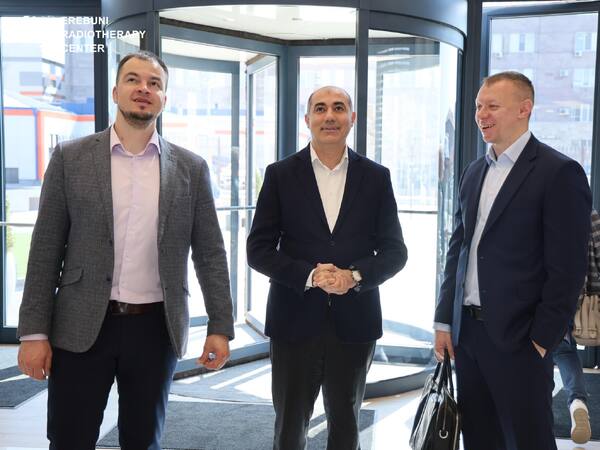Effective Treatment Options in Recurrent Prostate Cancer
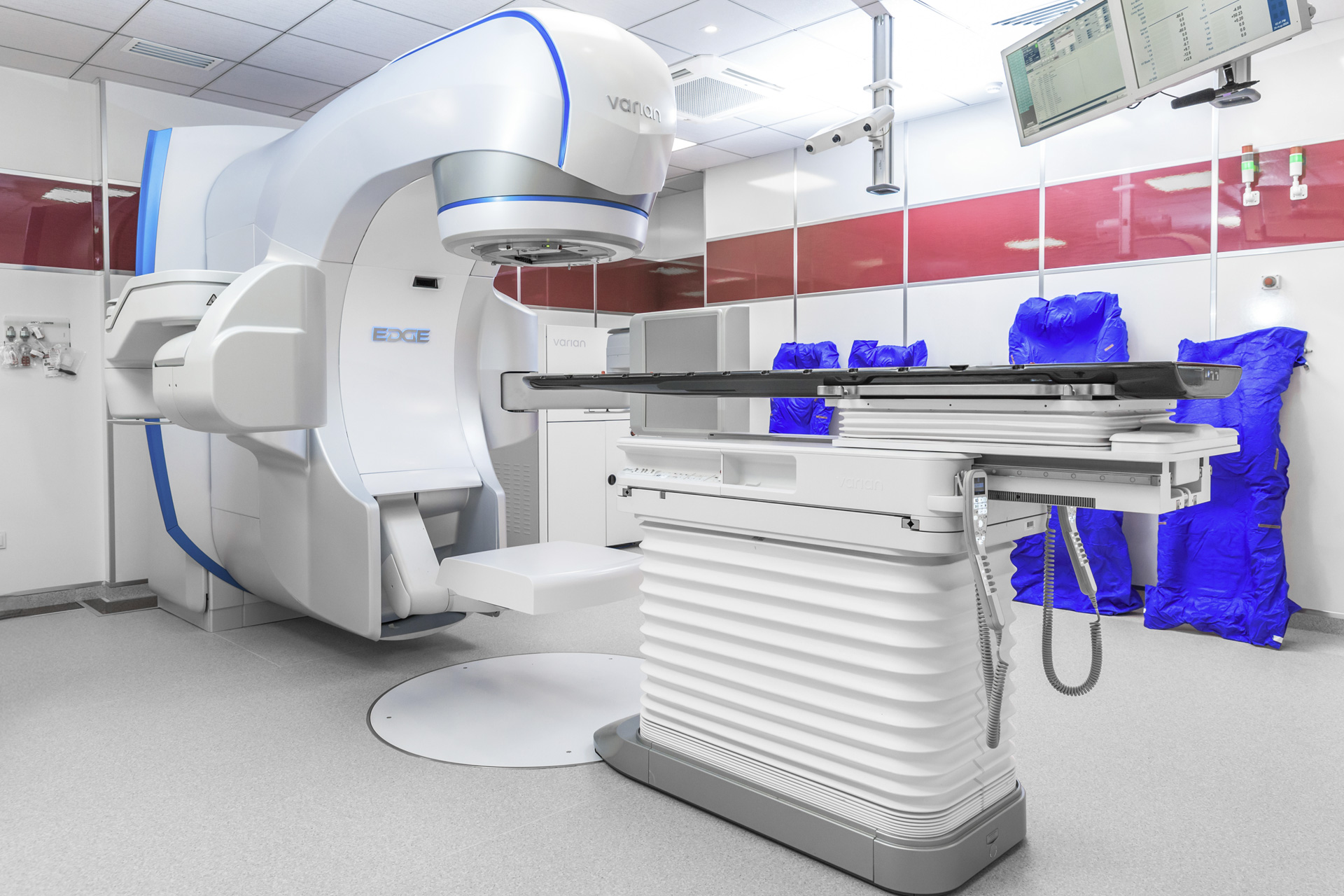
Prostate cancer is one of the most common malignancies among men over the age of 50. Today, modern medicine offers two main treatment approaches: surgery and radiation therapy. The latter is used both at early stages of the disease and in cases of tumor recurrence.
When the Disease Returns
Unfortunately, even after surgical treatment, tumor recurrence can occur.
“After radical prostatectomy, we sometimes detect a return of the disease. In such cases, radiation therapy becomes the key method that allows us to achieve complete treatment,” specialists explain.
One of the first warning signs is an elevated — or even simply detectable — level of prostate-specific antigen (PSA) in the blood. This marker can indicate recurrence even before clinical symptoms appear.
Accurate Diagnostics Before Therapy
To identify the precise location of the tumor, a PET-CT scan is performed with detection of the prostate-specific membrane antigen (PSMA). This is a highly accurate method that reveals even the smallest lesions.
Magnetic resonance imaging (MRI) also plays an essential role, especially when the prostate has already been removed.
“For accurate radiation planning, MRI must be performed using a topometric protocol. This allows us to clearly visualize the prostate bed and correctly define the treatment volume,” specialists note.
Targeted Radiation with Visual Control
During treatment, IGRT (Image-Guided Radiation Therapy) is applied. Scans are taken directly on the linear accelerator table before each session, allowing for precise patient positioning and avoiding any misalignment.
This technique ensures accurate tumor targeting while protecting healthy organs — especially the bladder and intestines. A specific preparation routine, including dietary guidance and fluid management, is also followed.
Combined Treatment Approach
In many cases, radiation therapy is combined with hormone therapy. Reducing testosterone — the hormone that nourishes the tumor — enhances the effectiveness of radiation.
Treatment strategy is determined not by a single doctor, but by a Tumor Board — a multidisciplinary oncology team.
“The gold standard in oncology is to define treatment strategy through collaborative decision-making. At Erebuni Radiotherapy Center, the Tumor Board includes a radiation oncologist, an oncosurgeon-urologist, and a medical oncologist,” the center's specialists emphasize.
Hope, Even in Recurrence
The return of prostate cancer is not a verdict. With modern diagnostics and precisely planned treatment, it is possible to achieve long-term remission — often lasting for many years, and sometimes even decades.
At Erebuni Radiotherapy Center, every patient receives a personalized treatment plan based on international standards and cutting-edge technology.
Other news
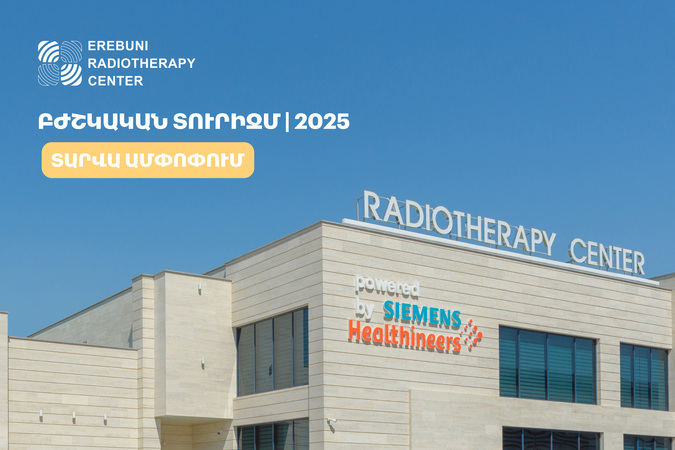
Year in Review Medical Tourism
Read more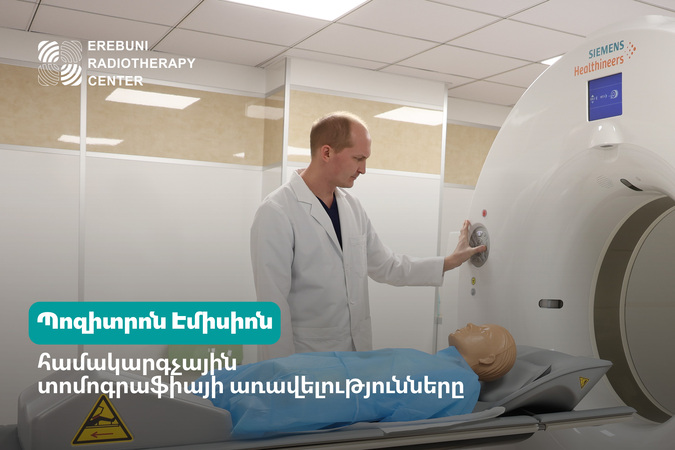
Differences and advantages of Positron emission tomography and computed tomography (PET-CT) compared to other radiological methods
Read more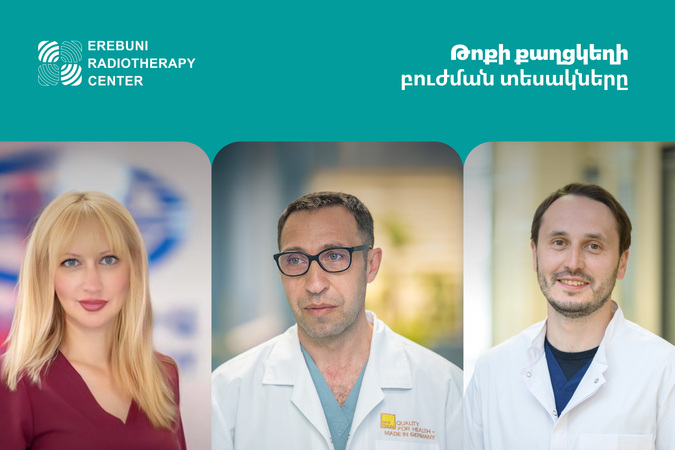
New methods of lung cancer treatment
Read more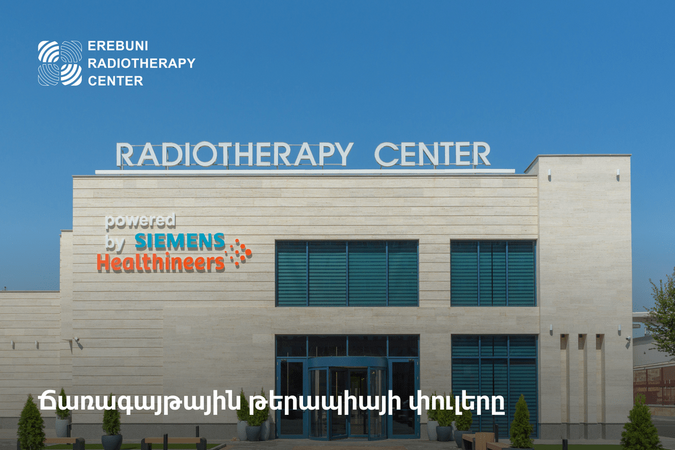
The stages of radiation therapy
Read more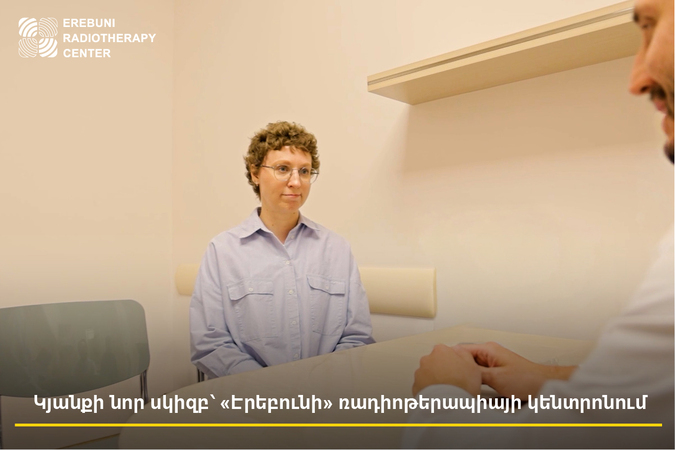
A New Beginning at the “Erebouni” Radiotherapy Center
Read more
Delegation from Sochi Visits Erebuni Radiotherapy Center
Read more